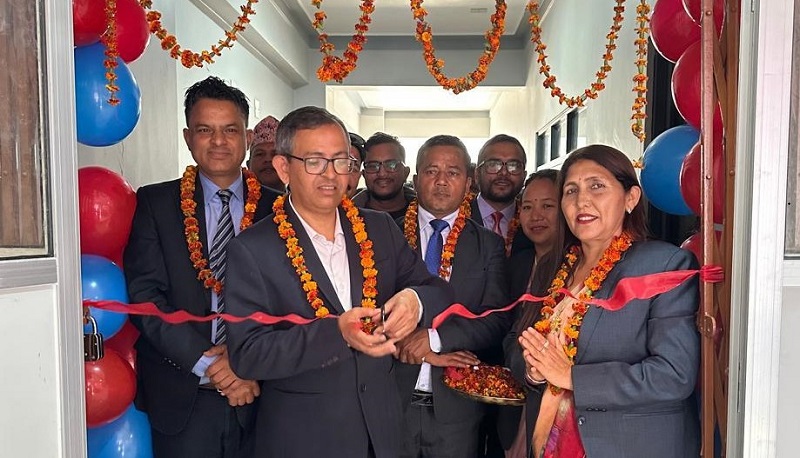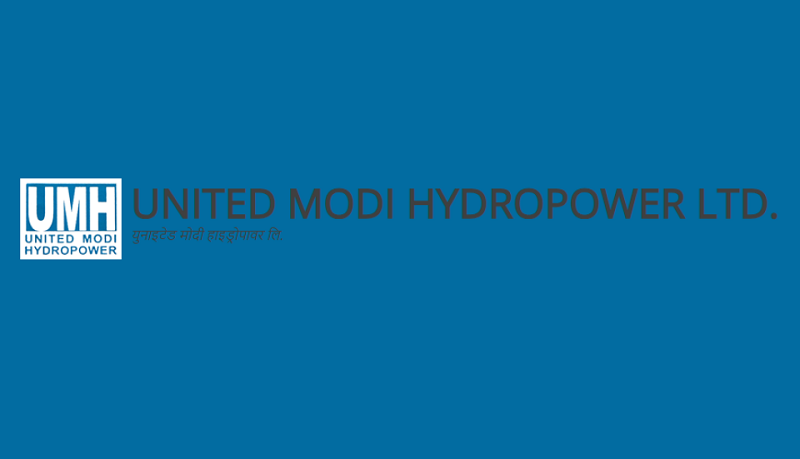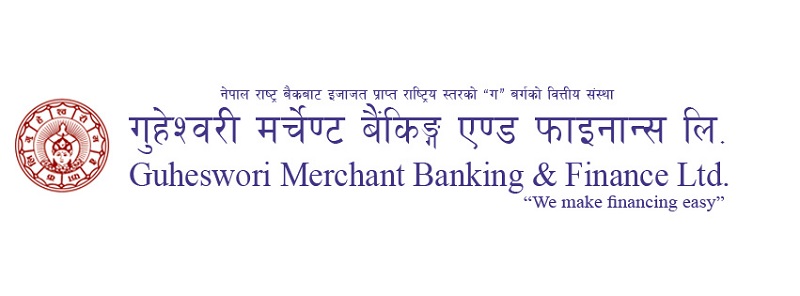Insurance Authority Gandaki Province Office Conducts AML/CFT Interaction Program
10th November 2025, Kathmandu
The Gandaki Province Office of the Nepal Insurance Authority (NIA) successfully hosted a crucial interaction program focused on Anti-Money Laundering (AML) and Combating the Financing of Terrorism (CFT) on Kartik 19 (November 5).
AML/CFT Interaction Program
This high-level event was a decisive step in reinforcing regulatory compliance and ethical standards within the insurance sector across the province, demonstrating the NIA’s commitment to preventing financial crime. The program brought together key regulators, provincial government representatives, and operational heads of every insurance company operating in the region, fostering a collective responsibility to uphold transparency and regulatory integrity.
A Collaborative and Inclusive Regulatory Initiative
The interaction program was orchestrated to ensure maximum knowledge dissemination and operational commitment from the insurance sector. It was held under the distinguished chairmanship of Shambhu Prasad Mishra, Head of the NIA’s Gandaki Province Office, confirming the seriousness of the regulatory body’s approach. The event benefited from the specialized expertise of Padam Prasad Sodari, Head of the AML/CFT Division at the central NIA office, and the presence of Chin Bahadur Ranabhat, the Insurance Focal Person from the Gandaki Provincial Government, as the special guest, signaling the alignment between federal and provincial regulatory goals.
Focus on Inclusive Participation
A unique and commendable aspect of the program was its focus on inclusive participation and knowledge sharing. Every insurance company operating within Gandaki Province was required to send three representatives, encompassing branch and sub-branch heads. Crucially, the mandate required the inclusion of at least one female participant from each company. This intentional strategy ensures that compliance knowledge penetrates deep into the operational levels and promotes gender diversity in critical regulatory discussions within the regional insurance sector.
The Mandate for Compliance: Directive on Financial Crime Prevention
The core educational segment of the program centered on the latest regulatory requirements, leaving no ambiguity regarding the insurance companies’ legal obligations.
Padam Prasad Sodari delivered a detailed, authoritative presentation on the Directive on Prevention of Money Laundering, Terrorist Financing, and the Financing of Weapons of Mass Destruction, 2082. This directive is the cornerstone of financial crime prevention in Nepal’s financial sector. Sodari’s message was unequivocal and stern:
Strict Issuance Compliance: All insurance companies must issue policies strictly in accordance with this 2082 directive. This involves rigorous implementation of Know Your Customer (KYC) procedures, enhanced due diligence for high-risk clients, and vigilant monitoring of transactions.
Legal Consequences: He issued a clear warning that non-compliance could result in severe penalties or legal consequences. This serves as a vital alert that failure to adhere to AML/CFT mandates is not merely an administrative oversight but a serious legal risk for the companies and their responsible officers.
This crucial emphasis on the 2082 Directive ensured that provincial operational heads were fully aware of the legal and regulatory risk associated with lax compliance in an industry highly susceptible to money laundering.
Operational Implementation and Integrity
The program transcended theoretical discussions, dedicating a significant portion of the session to the practical aspects of implementing AML/CFT measures at the ground level. Assistant Officer Balram Lamichhane led operational discussions focusing specifically on the proper implementation of AML/CFT policies and the maintenance of regulatory integrity in day-to-day insurance operations.
This segment targeted the challenges faced by branch and sub-branch heads in areas like:
Reporting Suspicious Transactions (STRs): The mechanisms and timelines for identifying and reporting suspicious transactions to the Financial Information Unit (FIU).
Record-Keeping: Maintaining comprehensive and accurate records of client identity, transactions, and risk assessments for the legally mandated period.
Internal Controls: Establishing robust internal controls and training programs for all staff to ensure perpetual compliance vigilance.
Following the presentations, the participants engaged in a highly effective interactive discussion with the provincial heads. The dialogue centered on actionable strategies, focusing on the practical challenges of enhancing knowledge dissemination to field staff and strengthening the overall compliance framework across the entire provincial network. This collaborative approach ensures that the solutions generated are tailored to the real-world operational realities of the Gandaki Province.
The program concluded with a powerful demonstration of unity and resolve. All participants and officials made a collective commitment to uphold transparency, strengthen AML/CFT practices, and ensure ethical insurance operations throughout the province. This successful interaction program solidifies the NIA’s role as a proactive regulator, ensuring that the insurance sector remains a clean and trusted facilitator of financial security in Nepal.
For More: AML/CFT Interaction Program







